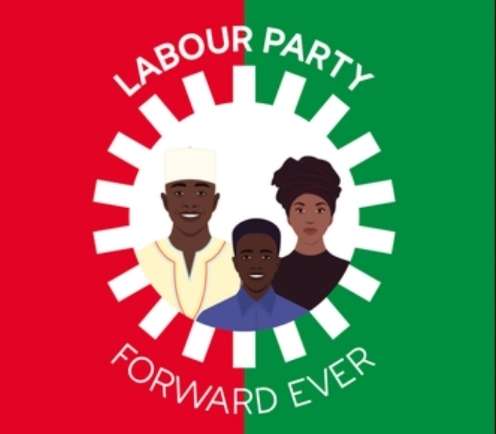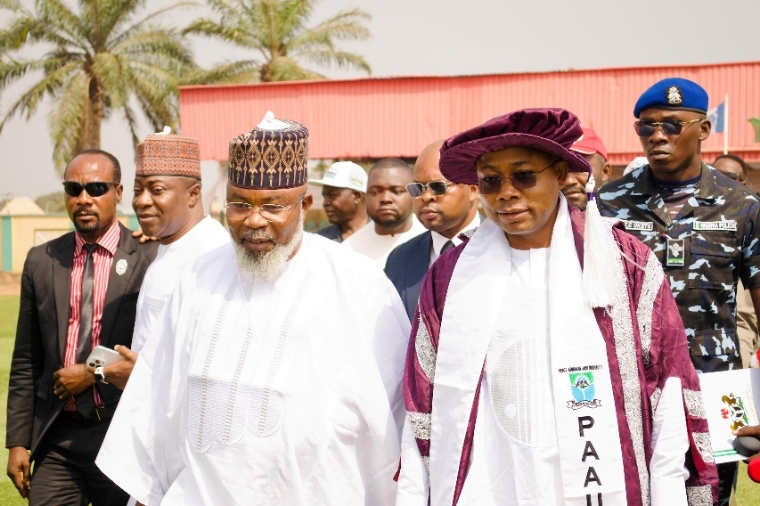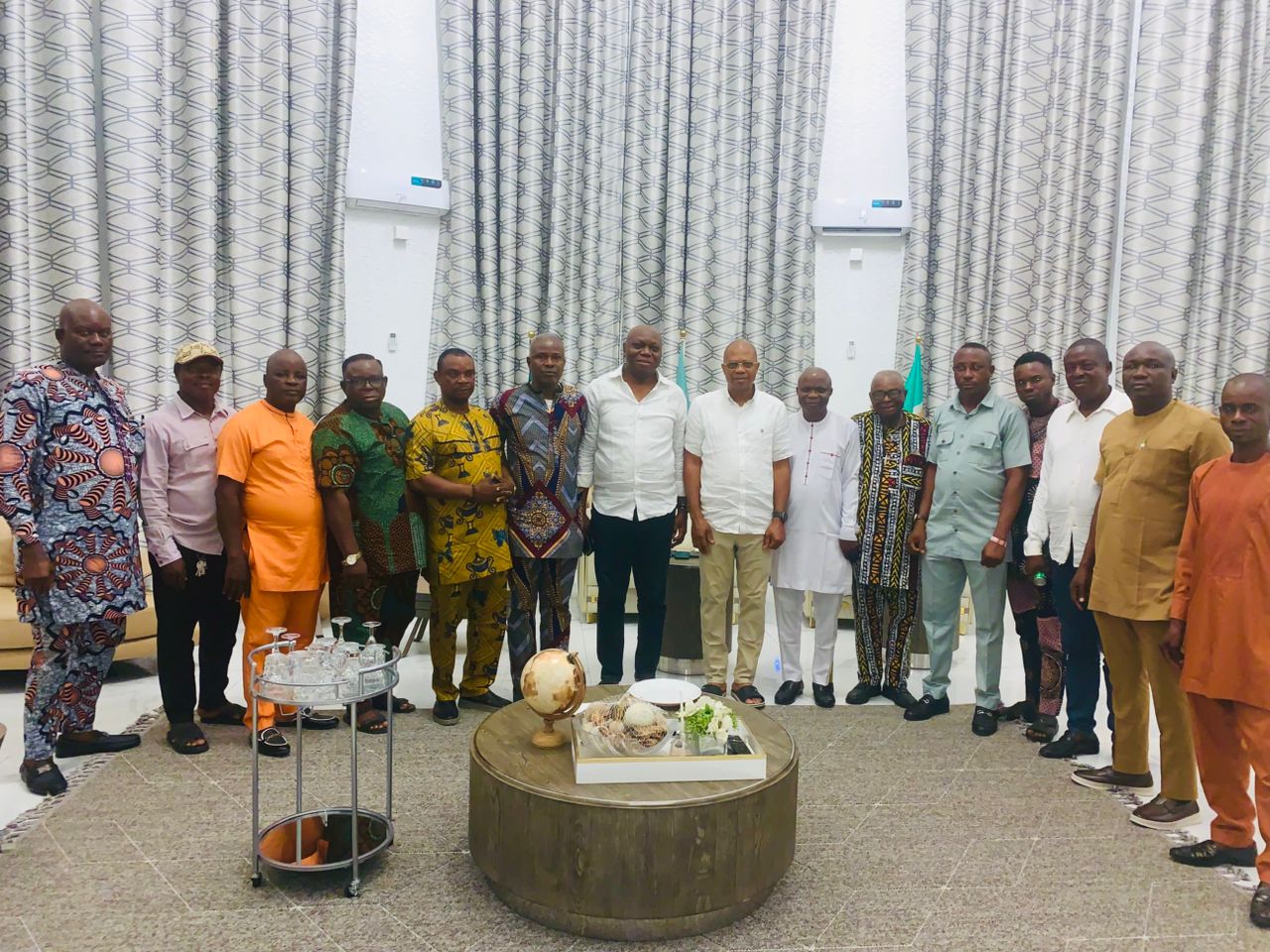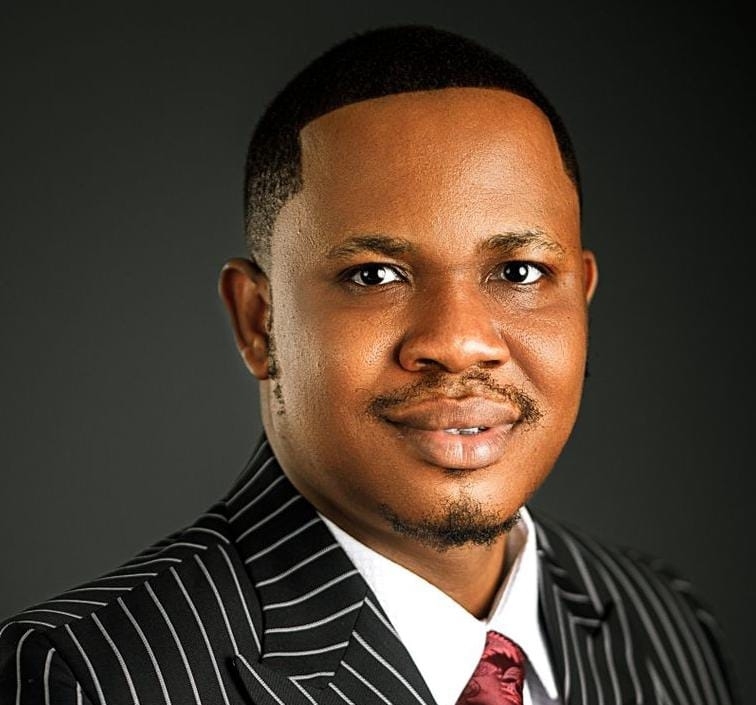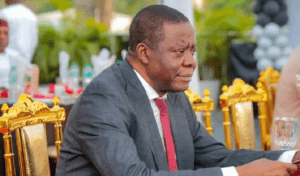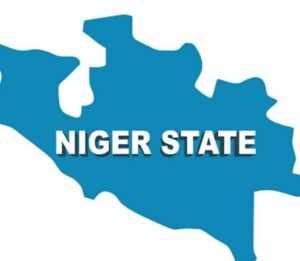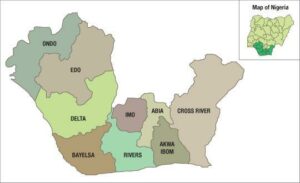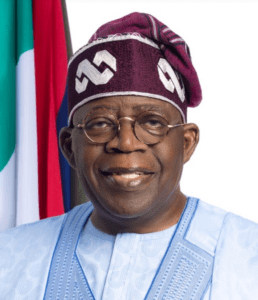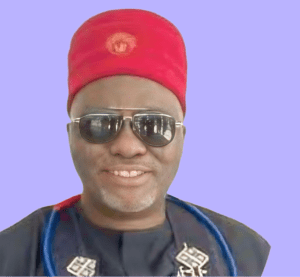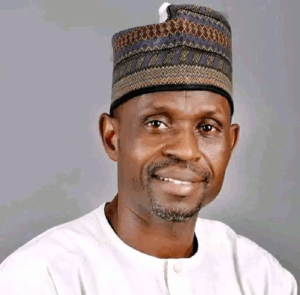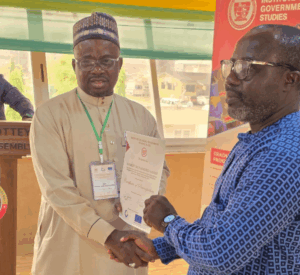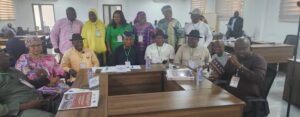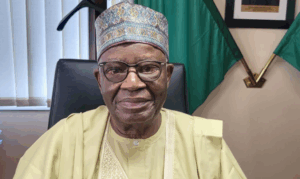LRescuing the Labour Party: A Political Imperative for Nigeria’s Democratic Survival
This post has already been read at least 111139 times!
The winds of political change in Nigeria are once again stirring—this time with a renewed urgency. Amid rising concerns about creeping authoritarianism and the suffocation of democratic plurality, the Labour Party (LP), once hailed as the beacon of a new political era, finds itself at a crossroads. The necessity to rescue this party from internal power predators and external forces plotting to reduce Nigeria to a one-party state has never been more pressing.
At the heart of this emerging rescue mission is the National Executive Council (NEC) of the Labour Party. In a decisive meeting held on Wednesday, May 21, 2025, at the Top Rank Hotel in Abuja, NEC rose to the occasion and set the wheels in motion to reclaim the party’s soul and safeguard its democratic future.
The meeting came on the heels of a pivotal Supreme Court judgment delivered on April 4, 2025, which unambiguously sacked Julius Abure as the National Chairman. The judgment invalidated earlier decisions by the FCT High Court and the Court of Appeal, both of which were dismissed for lack of jurisdiction, thereby nullifying Abure’s continued leadership claim.
This ruling came at a time when the tenure of the 2019-elected National Working Committee (NWC) members had already expired, as of June 8, 2024. The legal and constitutional vacuum created by that expiration demanded a legitimate and democratic response.
It was to this end that the NEC convened its statutory nine-member session—fully backed by key national stakeholders—to begin the urgent task of restructuring and repositioning the Labour Party.
In attendance were significant figures within the labour and political community. Representations were made for Dr. Alex Otti, the Executive Governor of Abia State, and his Deputy, Engr. Ikechukwu Emetu. Also present were Comrade Joe Ajero, President of the Nigeria Labour Congress (NLC); Barr. Emmanuel Ugboaja, NLC General Secretary; and the NLC Women Commission Chairperson.
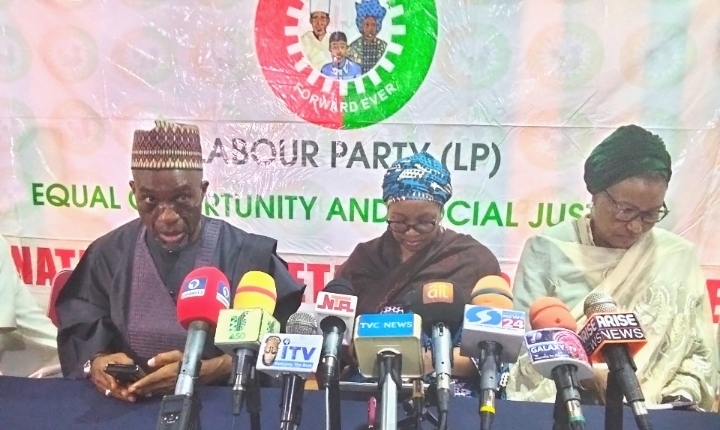
The Trade Union Congress (TUC) was also represented at the highest levels. On the side of the party’s structural leadership, Comrade SOZ Ejiofor and Comrade Salisu Mohammed, Chairman and Secretary of the Board of Trustees (BoT), respectively, participated fully.
Senator Esther Nenadi Usman, recently affirmed as the National Chairman under the transitional structure, presided over the session. Representing Mr. Peter Obi, the party’s 2023 presidential candidate and national figurehead, was a strong signal of endorsement and continuity.
The NEC in session unanimously adopted resolutions to overhaul the party’s architecture and neutralize the internal sabotage that has plagued it.
A central feature of these resolutions was the establishment of a transition leadership, spearheaded by a newly expanded National Working Committee (NWC) under a National Caretaker Committee (NCC). To support Senator Usman’s leadership, the NEC approved the appointment of three Deputy National Chairmen, and to strengthen the Secretariat, three Deputy National Secretaries were also designated.
The NWC was further expanded by filling existing vacancies and forming both Standing and Ad-hoc Committees. These bodies will anchor the processes leading up to the much-anticipated All-Inclusive and Expansive National Convention, mandated to take place within 90 days.
This convention is set to emerge from a clear and democratic process: beginning with Ward Congresses, then Local Government Area Congresses, followed by State Congresses and the election of Delegates. This multi-layered structure will culminate in the 2025 National Convention, thereby returning the party’s control to its broad base of members.
Symbolizing a break from its contentious recent past, the NEC also approved the immediate opening of a new National Secretariat in Abuja. The party will inform the Independent National Electoral Commission (INEC) to shut down the former secretariat located at No. 2 IBM Haruna Street, Utako District, Abuja. This action is more than administrative—it represents the party’s commitment to a clean and transparent rebirth.
In further cementing the party’s legitimacy and broadening its national reach, the NEC approved the immediate launch of a nationwide membership mobilization campaign, targeting ten million new members within thirty days.
This digital-forward strategy includes the deployment of an online registration system that will issue members with downloadable membership cards, each bearing a unique identification number. A similar process will be implemented for revalidating existing members, ensuring they also receive updated and secure membership credentials.
To strengthen financial transparency and commitment, all members will be required to ratify their membership through the payment of an annual subscription fee of N1,200. Simultaneously, support groups—integral to LP’s grassroots activism—will be formally registered and issued certification bearing unique identification numbers, thus standardizing their operations and loyalty to the party’s democratic goals.
What makes these reforms historic is not just the scope or the speed at which they are expected to be executed, but the broader political implications they carry. The Labour Party has increasingly become a target of political hawks—internal actors who attempt to subvert its processes for personal ambition, and external forces who aim to neutralize it as a viable opposition.
These twin threats are not coincidental. The ambition to foist a one-party system on Nigeria is palpable and growing, and the Labour Party, having garnered millions of votes in 2023, represents a formidable counterweight.
The NEC’s communique, and more importantly, the unity displayed in its resolutions, signifies a moment of reckoning—not just for the party, but for Nigeria’s entire democratic landscape.
If allowed to implode or stagnate, the LP’s downfall could signal the weakening of electoral competitiveness in the country, emboldening a creeping autocracy already gaining ground. But with the swift and decisive actions taken by the NEC, a new chapter of recovery, inclusiveness, and ideological fidelity is possible.
Ultimately, the Labour Party’s journey from crisis to redemption is about more than organizational restructuring. It is about rescuing the very idea of political choice and safeguarding a democratic future in which every Nigerian has a real alternative.
With the countdown to the 2027 general elections underway, the stakes could not be higher. The rescue has begun—and the hope is that it won’t come too late.
This post has already been read at least 111139 times!

